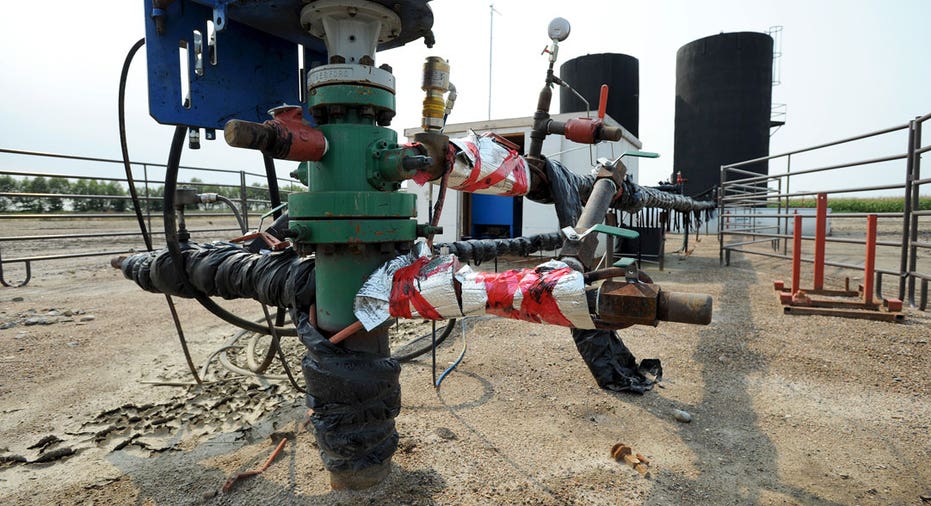Despite Bearish IEA Report, Crude Prices Rise

Oil prices rose on Tuesday with technical support for U.S. crude and despite a weaker demand outlook from the International Energy Agency (IEA) which is expected to keep the world oil market oversupplied for at least another year.
Brent futures for November delivery rose 38 cents to $50.24 a barrel, a 0.8 percent gain, by 11:13 a.m EDT (1513 GMT). U.S. crude rose 99 cents or 2.1 percent to $48.09 per barrel.
U.S. crude turned positive and gained over a dollar in technical trade after failing to break below the 14-day moving average, traders said.
"Oil prices are a bit firmer today on oversold action yesterday, trading mostly on technicals," said Richard Hastings, macro strategist at Seaport Global Securities.
Traders also noted a weaker U.S. dollar, which hit a three-week low earlier on Tuesday, added some support to the higher crude prices.
"There is some uncertainty in the trading markets about the direction of the U.S. dollar, with some trading action in oil reflecting hopes that the U.S. dollar declines further," Hastings said.
The focus of the market is slowly moving away from the existing glut to possible future tightening and a potential price spike, analysts at Energy Aspects said.
"Rightly so, in our view, given accelerated declines in U.S. output have kick-started the rebalancing process," Energy Aspects analysts Amrita Sen and Robert Campbell said in a note.
Oil's recent sharp price recovery is eerily like the bounce seen late last winter, said Edward Morse, global head of commodities research at Citi in New York.
"Both followed a period of price stability following a sharp decline. Both appear to be spurred on by unverifiable assumptions surrounding single data points. Both are driven by sentiment and financial flows rather than clear market fundamentals," Morse added.
The IEA said the world oil market would remain oversupplied for at least another year despite falls in output from non-OPEC producers.
"A projected marked slowdown in demand growth next year and the anticipated arrival of additional Iranian barrels - should international sanctions be eased - are likely to keep the market oversupplied through 2016," the IEA said in its monthly report. (Additional reporting by Scott Disavino in New York, Christopher Johnson in London and Meeyoung Cho in Seoul; Editing by Dale Hudson and Chris Reese)



















